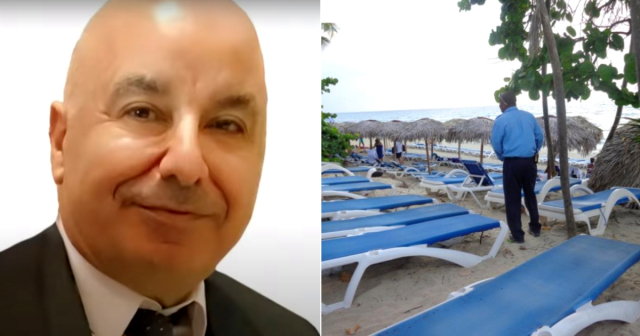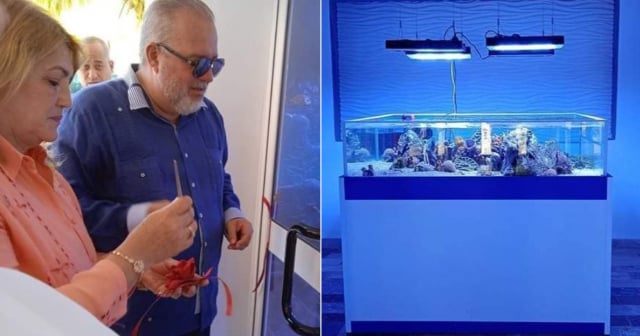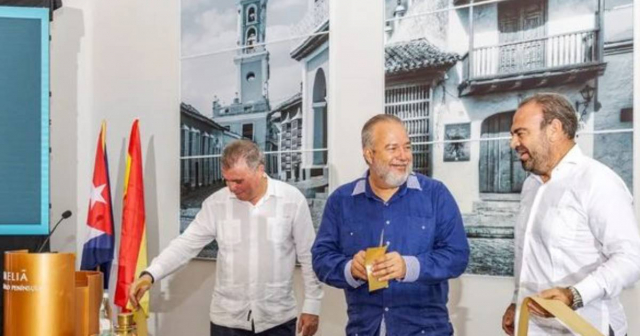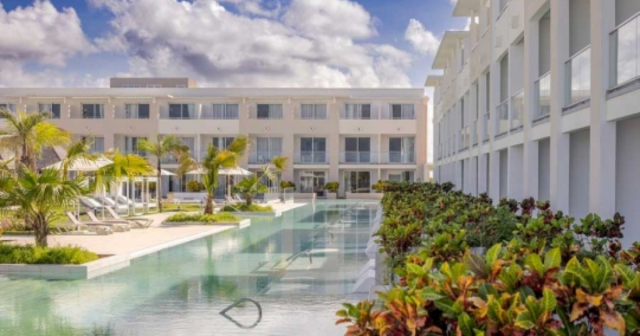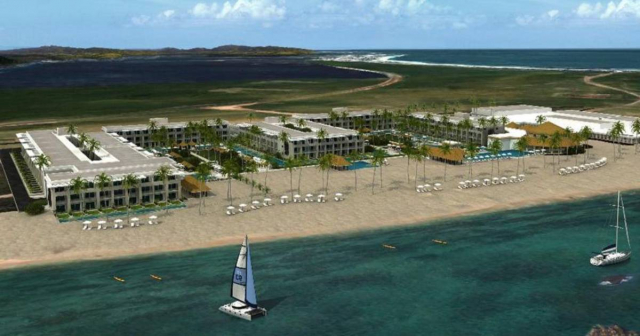The Spanish hotel group Meliá continues to bet on increasing its presence in Cuba, despite the collapse of international tourism on the Island.
This is what its president made known, Gabriel Escarrer, during the FitCuba 2024 International Tourism Fair, highlighting the commitment of the multinational hotel company to the development of the sector in Cuba.
“You have to be tough and tough”Escarrer said to the NTV, using a popular saying that refers to the moral obligation to persist in a project despite bad times.
For the president of Meliá, “the commitment to Cuba is unconditional and we have been demonstrating it since 1989. So, without a doubt, absolute commitment.”
“We continue to grow in Cuba, with great enthusiasm. We are pleased with the work we have done with the Cuban authorities for the development of tourism in the country. So we are still there,” concluded the president of Meliá Hotels International.
Despite aiming to receive 3.5 million international tourists last year, the Cuban regime fell more than 30% below its expectations and it did not even reach three million foreign tourists in 2023.
The 2.4 million international visitors that Cuba received last year contrast with the more than 6 million international tourists that the Dominican Republic welcomed in 2023, a destination that is establishing itself as a leader in the tourism industry in the Caribbean. Or with the more than 4 million visitors that Cancún alone, in Mexico, received.
However, with this data in hand, the Cuban regime and the Spanish multinational decided to increase the latter's presence on the Island. In mid-January, the Cuban Prime Minister, Manuel Marrero Cruz, inaugurated a new hotel in Cuba, the Meliá Trinidad Peninsula, five star category.
“We have no doubt that Cuba will return to pre-crisis levels and will be in better condition than ever. Therefore, it is essential for us to continue improving our portfolio of hotels on the island, promoting new quality experiences in accordance with an increasingly demanding demand,” said Escarrer last May, announcing Meliá's decision to manage four new hotels in Cuba. .
Cuba barely reached 15.6% hotel occupancy in 2022, but in statements to a Spanish media, the manager announced in the previous edition of FitCuba that Meliá would open two hotels and manage four new facilities in the country, three hotels in the capital and one in Holguín.
Last December, Meliá reopened the historic Hotel Sevilla in Old Havana, which began to provide services under a new name, Sevilla Habana Affiliated, a project chosen by the hotel company to introduce the Affiliated brand in the Caribbean.
The hotel chains, especially Meliá, do not escape the crisis of supplies and food in the country, something that travelers have also suffered along with the general shortage in the country, the dirt and the oppressive atmosphere that is breathed on the Island.
The Cuban regime has recognized the problems that the tourism sector has. Insufficient air connectivity, non-payments to suppliers that interrupted the supply chain and difficulties in accessing the international market, among others, are the problems facing the sector, as acknowledged last December by sector authorities to the official press.
Likewise, they admitted that there was a decapitalization of the sector, caused by the lack of personnel to work in hotels and tourist facilities, a problem for which the causes were not mentioned, although it is evident that they are related to the mass exodus experienced in the current migration crisis.
The decline of the sector controlled by the military and political leadership of the regime through the Grupo de Administración Empresarial S.A. (GAESA) It is obvious. However, the loss of tourist attractions caused by the socioeconomic crisis in Cuba (marked by widespread shortages, insecurity and the oppressive atmosphere that permeates the dictatorship) is not a cause for concern for Gabriel Escarrer, who is “at "hard and mature."
The Spanish executive, who He has been banned from entering the United States since 2020 Under the restrictions imposed by Title IV of the Helms-Burton Act, it remains faithful to its project of being the main partner of the regime in the Cuban tourism sector.
What do you think?
COMMENTFiled in:


